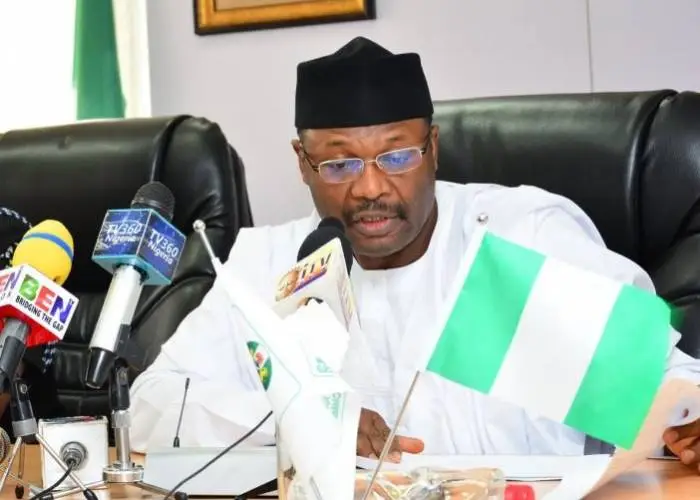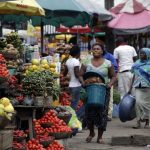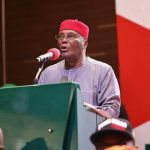The expression of pessimism regarding the possibility of the exercise being conducted in a lot of the parts of the country is continuously and, of course, justifiably becoming ceaseless and more pronounced even as the candidates of the Nigerian political parties for the 2023 General Elections are restlessly touching places, emotionally connecting with various groups of the electorate, and expectedly raising issues about themselves and the country or their respective states and constituencies. The electoral body, security agencies, Civil Society Organizations, and the media are just a few of the key stakeholders who have expressed sufficient concern regarding the persistence of some threats to the peaceful conduct of the elections.
All those stakeholders’ concerns were voiced out either before or after some foreign countries, with the United States of America as the most loquacious of them, complained about the prevailing insecurity in the country. As Nigeria nears 2023, in the early part of which the elections will take place, the stakeholders and the various categories of the citizenry are speedily and visibly manifesting reservations over the capacity and readiness of the relevant agencies to organize and/or supervise the forthcoming elections.
Although in a reaction to the latest attack, last Monday, on its office in Imo State capital, Owerri, which is the eighth in the recent times, INEC assured that it would go ahead with the plan for the conduct of the elections and even commended security as well as emergency agencies for their roles in bringing the incidents under control, there are still fears that the rising violence is most likely to make the conduct of elections in some parts of the country impossible. A lot of the Commission’s earlier warnings have, in fact, re-enforced such a pessimism.
The explanation, by INEC, that the elections are not likely to hold in about eight Local Government Areas of Katsina State because of the activities of violent criminals is about the strongest confirmation or validation of the widespread fear that the exercise will not be as comprehensive and successful as it is expected to be. It is an acknowledgement of the reality of the situation which has clearly pointed to the impracticability of the Commission’s arrangements for the elections in those areas that are worst hit by various forms of violence.
The various components of the security architecture have also raised alarm over the intention of several violent groups to disrupt the on-going electioneering with a view to making the actual conduct of the polls a complete impossibility. While the police authorities have consistently been drawing the attention of the public to the effects of the persistent insecurity in several parts of the country which are threats to the forthcoming elections, the military found it most necessary to, at a certain point, forewarn about the desperation of some elements in the country to ensure that security is compromised before or during the elections.






